'Crazy Rich Asians' Author Says A Producer Tried To Whitewash The Film Adaptation
Bestselling author Kevin Kwan was once asked by a film producer to whitewash his book “Crazy Rich Asians” because, well, of course he was.
Kwan’s 2013 novel drew praise for its ability to bridge the gap between modern Asian culture and a Western audience. “Crazy Rich Asians” centers on an Chinese-American, Rachel, who travels with her boyfriend, Nick, to Singapore for his best friend’s wedding and then struggles to find her place with his family.
Kwan told Entertainment Weekly that a producer who wanted to adapt the novel for film asked him to “reimagine” his protagonist as a white woman.
“I was like, ‘Well, you’ve missed the point completely,’ ” Kwan told EW. “I said, ‘No, thank you.’ ”
Say hello to the Bling Dynasty. Get an exclusive first look at the bedazzling film adaptation of #CrazyRichAsians: https://t.co/QFa55TidB8 pic.twitter.com/QJvkM6ck1E
— Entertainment Weekly (@EW) November 2, 2017
Asians are extremely underrepresented in Hollywood, in television and especially in film. A report from the USC Annenberg School for Communication and Journalism showed that there was little change in representation for Asians in the most popular movies from 2007 to 2015, averaging 3.9 percent of characters in that time span.
Even in films that come directly from Asian stories, white actors are typically cast in the leading role. “Ghost in the Shell” producers received backlash for casting Scarlett Johansson as the lead character, even though the movie was based on a Japanese manga series. And Emma Stone was the subject of criticism after she took on the role of the part-Asian character Allison Ng in the film “Aloha,” which was based on a true story.
Michelle Yeoh, the Malaysian-born actress who plays Nick’s mother in “Crazy Rich Asians,” remarked on how exceptional the film’s representation is for the minority group.
“It’s been too long since there’s been an all-Asian cast,” Yeoh told EW. “I’ve been very lucky to have worked on one before [2005’s "Memoirs of a Geisha"], but they’re too few and far between.”
Also on HuffPost
Anna May Wong

In spite of her personal success, Wong openly complained about the lack of quality roles for Asians in Hollywood.
"I was so tired of the parts I had to play," she once told journalist Doris Mackie. "Why is it that the screen Chinese is always the villain? And so crude a villain -- murderous, treacherous, a snake in the grass."
Sessue Hayakawa

Though his heyday was the silent era, Hayakawa received an Oscar nomination for his role as the camp commander in the 1957 epic "The Bridge on the River Kwai."
James Shigeta
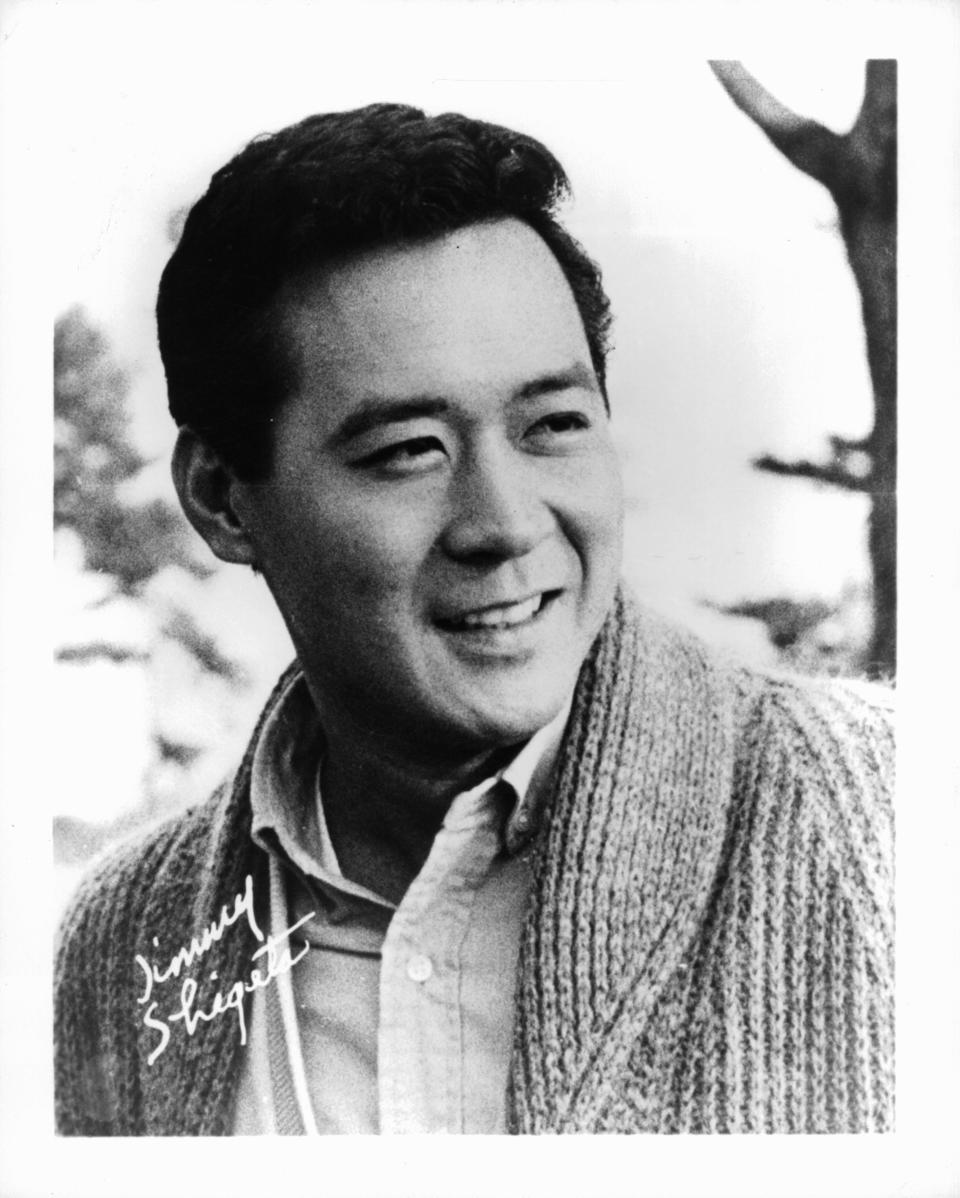
In an interview with the San Jose Mercury News in 2006, Shigeta said things were slightly better for Asian actors in Hollywood in the wake of "Flower Drum Song."
"Finally, they started portraying the Asian American as something other than the poor man in a menial job, as a doctor or attorney," he said.
Miyoshi Umeki
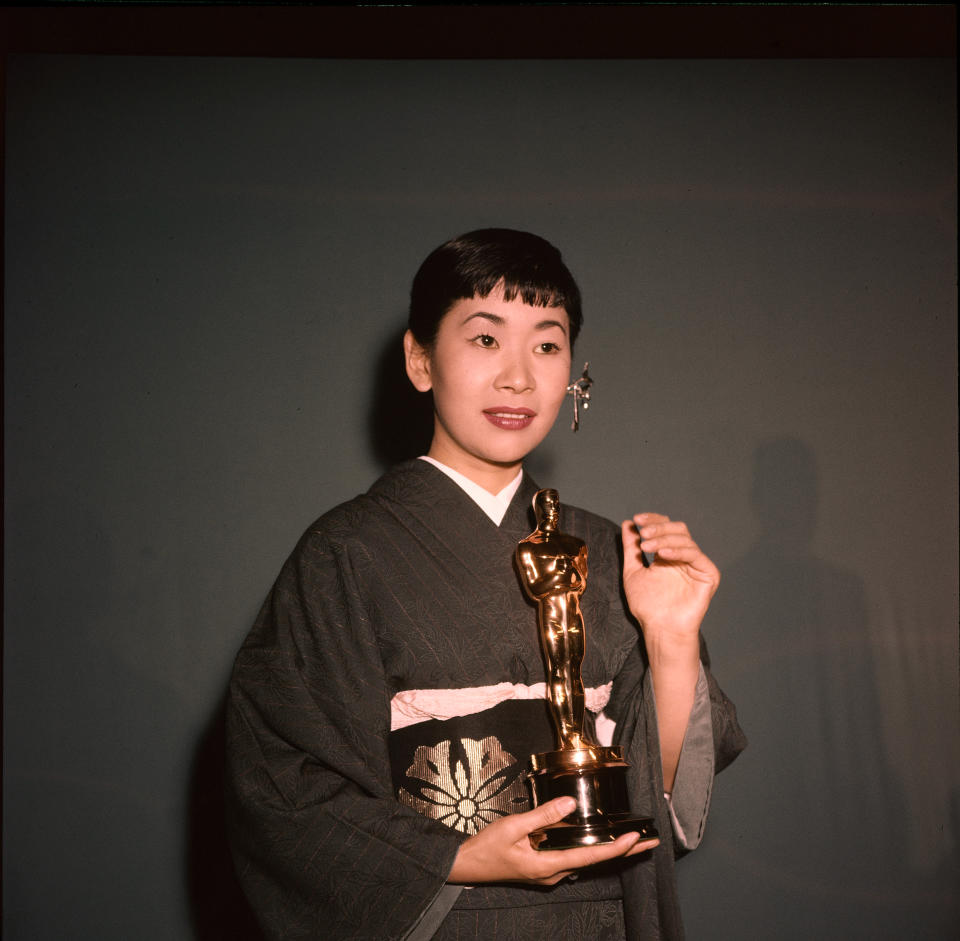
Not much has changed since then, unfortunately. As of 2017, Umeki is the only Asian woman to win an Academy Award for acting.
Merle Oberon
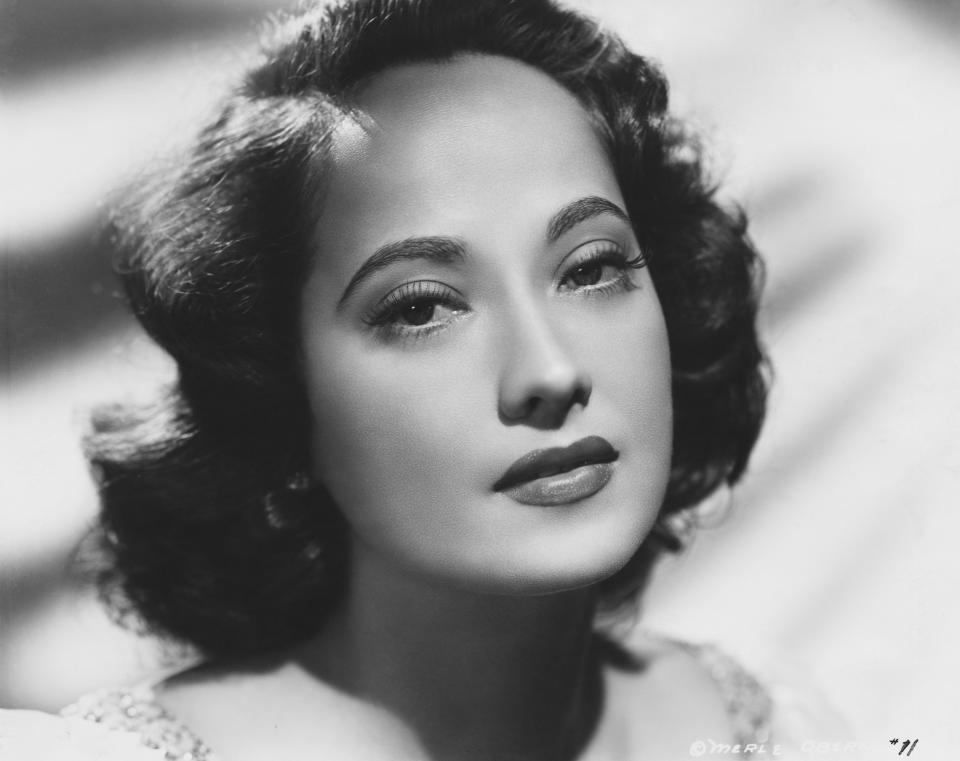
"The studio reconstructed her history and she had to live that life story and keep living that life story," according to Marée Delofski, the director of a 2002 documentary exploring Oberon's life titled "The Trouble With Merle."
Keye Luke
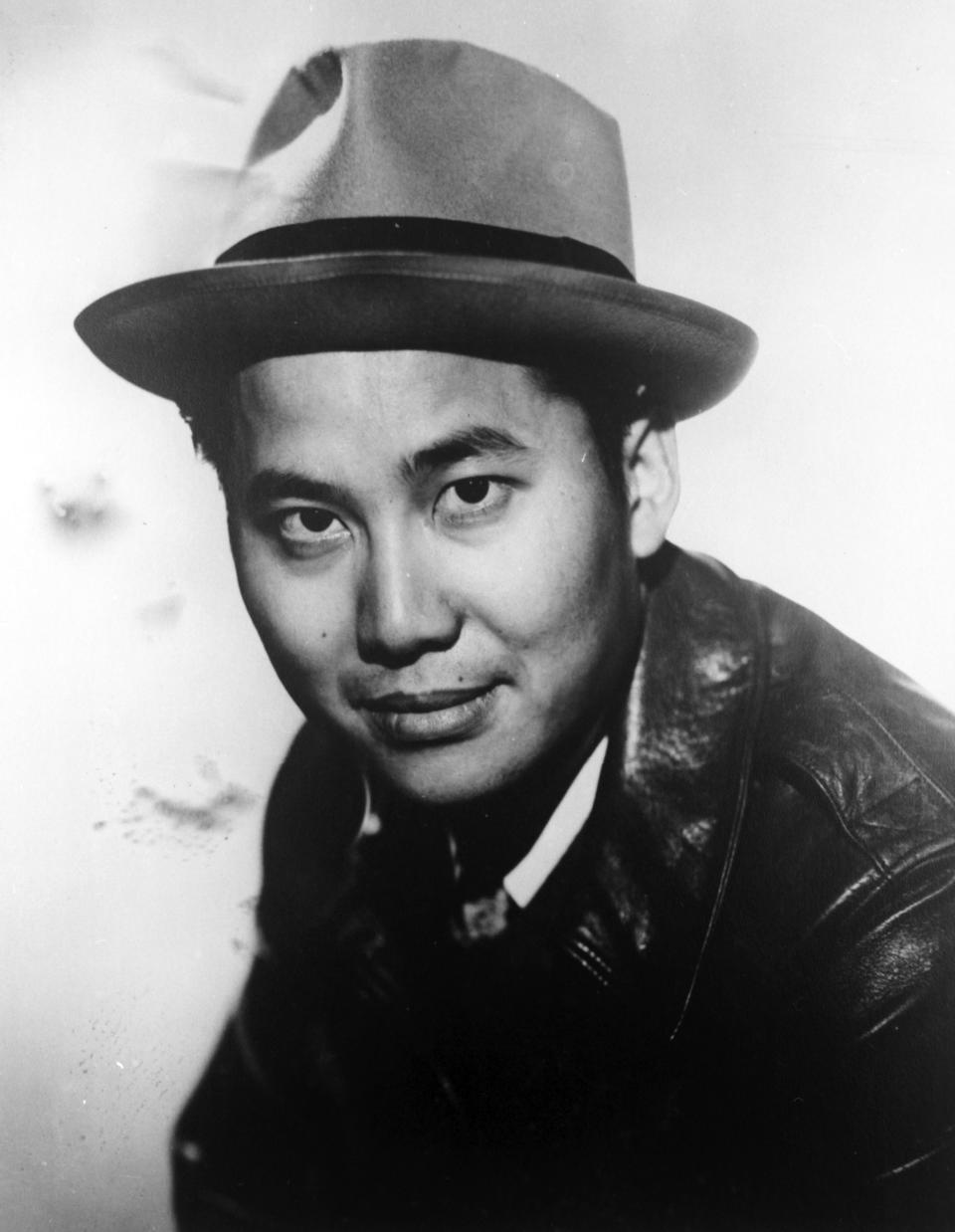
His personal favorite role was that of Master Po, David Carradine's mentor in "Kung Fu," a martial arts Western drama television series that ran in the '70s.
"I was giving the actual sayings of great Chinese philosophers like Confucius for dialogue," he said, in 1985. "It worked for me on every level."
Li Li-Hua

Nancy Kwan

"It was about time to cast Asians in Asian roles," Kwan told told the Los Angeles Times of the landmark musical. "It gave work to a lot of Asians, and it felt so good being in a film like that."
Bruce Lee
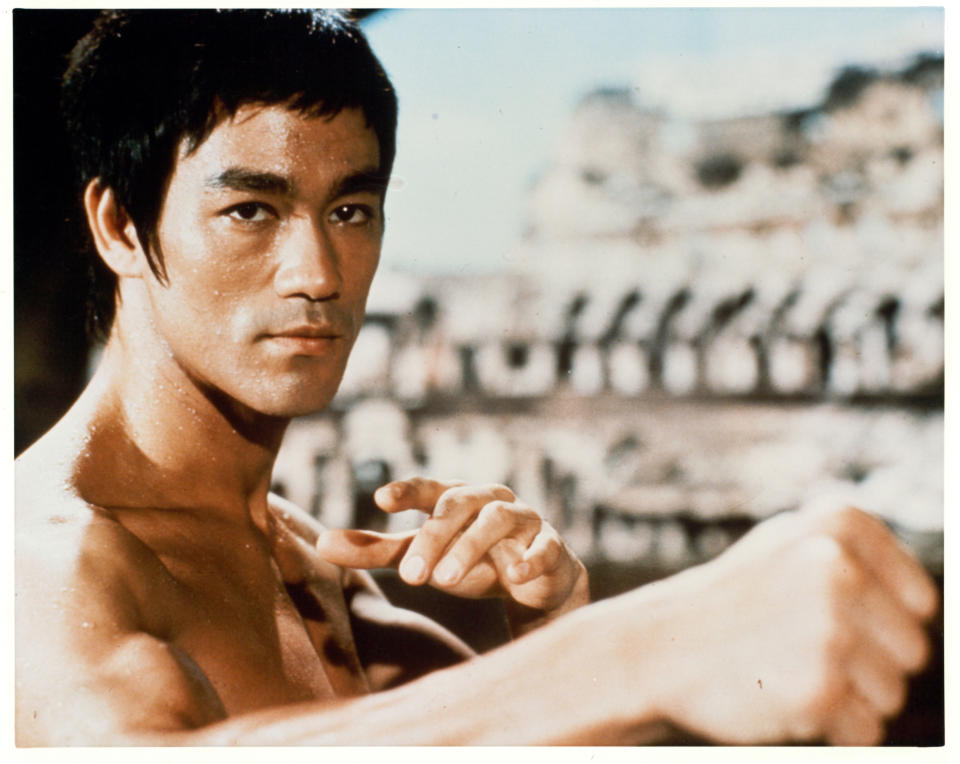
The Asian action hero only starred in five feature films as an adult before his death in 1973, but that's all it took for him to shatter the conception of Asian American masculinity as "weak."
"Before Lee's time, Asian men had been largely depicted as emasculated and childlike -- coolies, domestics, etc. -- in American popular culture," Hye Seung Chung, an associate professor of film and media studies at Colorado State University, told ABC News in 2005. "Lee proved that the image of the Asian man can be tough, strong and sexy."
Love HuffPost? Become a founding member of HuffPost Plus today.
This article originally appeared on HuffPost.

